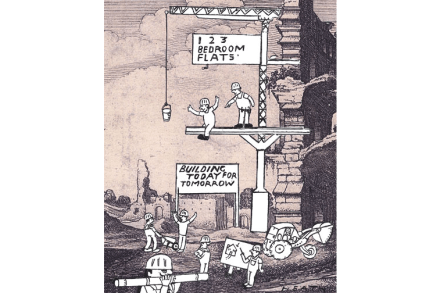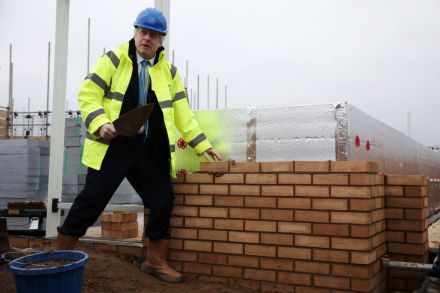How to end the housing cartel
It’s no surprise that house prices have risen faster over the last year than they have in almost the last twenty. After all, everyone has realised what a difference a home can make: the extra space for a home office, a garden for fresh air or even just a quiet corner to escape the reality of lockdown. Not to mention a stamp duty holiday encouraging people to buy quickly. But the luxury of homeownership is slipping away for many young people. While these increased house prices are a boon for those lucky enough to be on the housing ladder, it spells further disaster for those of us waiting impatiently on





















